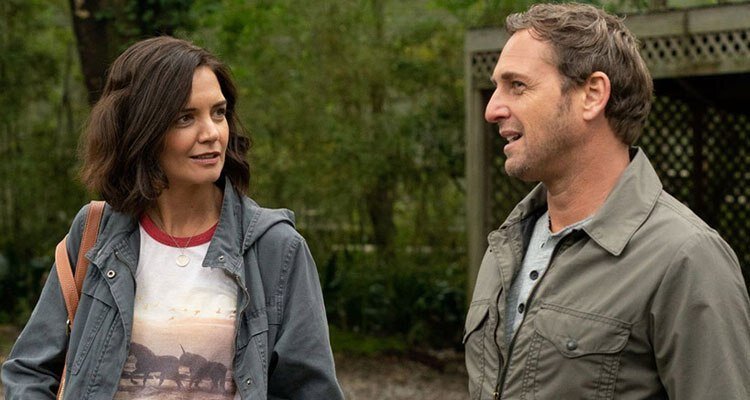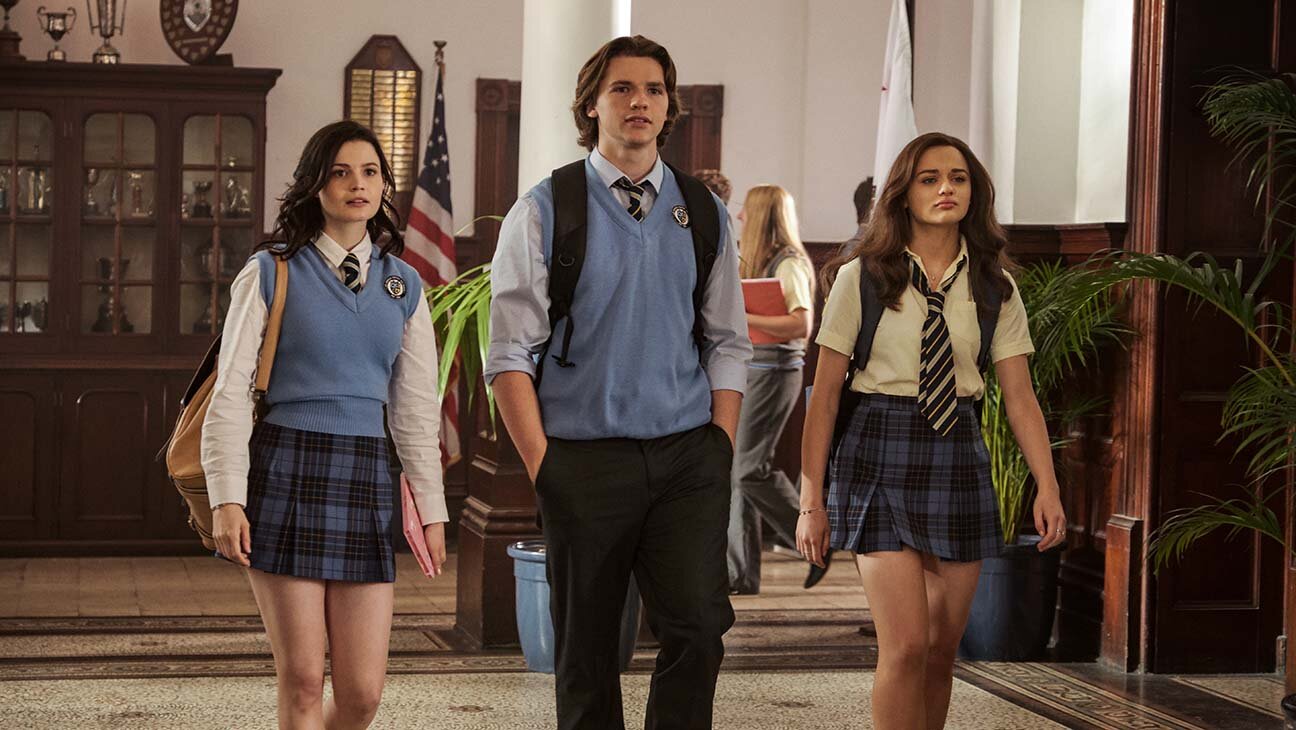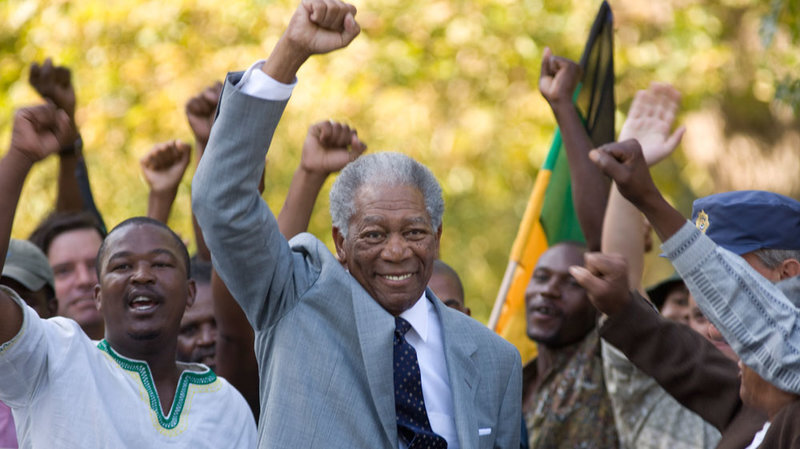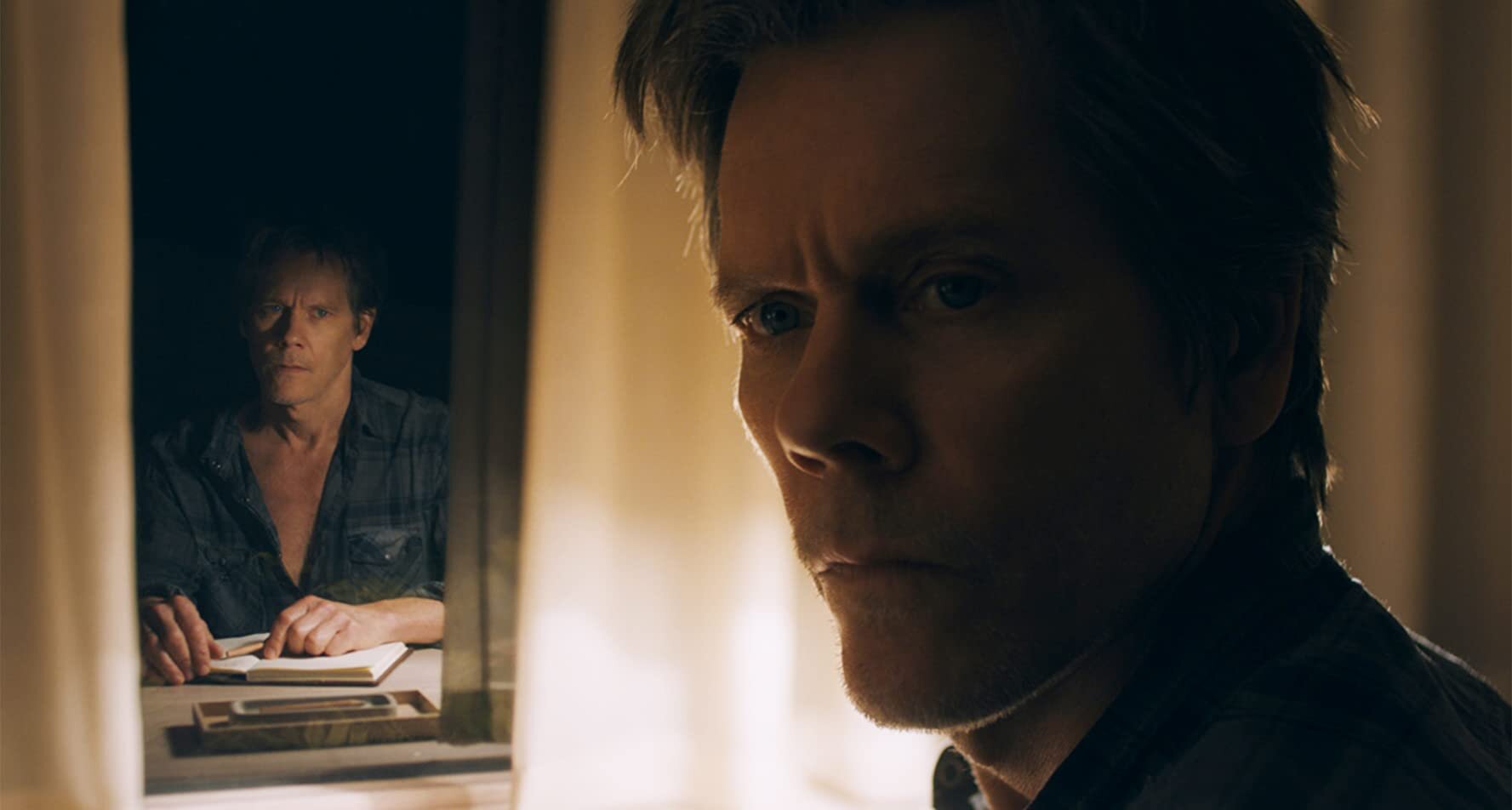Katie Holmes and Josh Lucas in ‘The Secret: Dare to Dream’ / Photo courtesy of Lionsgate
‘The Secret: Dare to Dream’ isn’t a nightmare
Directed by: Andy Tennant
Written by: Andy Tennant, Rick Parks, and Bekah Brunstetter
Starring: Katie Holmes, Josh Lucas, Jerry O’Connell, and Celia Weston
“The Secret: Dare to Dream” – “My whole life, my gut feeling is that something really bad is going to happen, and it does.” – Miranda Wells (Katie Holmes)
These days, Miranda carries a ton - possibly two - of responsibility on her narrow shoulders. Her husband passed away a few years ago, and she’s raising three kids on her own. Not entirely by herself, because her mother-in-law Bobby (Celia Weston) regularly swings by and watches the kids. This helpful soul is also the only character – in this movie (set in Louisiana) - who speaks with a southern accent. (Come on, Team Secret, it can’t be that difficult to muster some attempts at a Cajun drawl, but I digress.)
Anyway, Miranda’s wages are never enough to pay the bills, so her debts pile up. Her upcoming root canal operation will cost $2,300 that she doesn’t have, and to complicate matters, her house sits on a floodplain. With Hurricane Hazel about to hit landfall, a Category Five financial crisis could batter the family. This single mom could use a Prince Charming. Well, it’s 2020, so the need for such a hero is dated at best, and look, Miranda already has a boyfriend. Tucker (Jerry O’Connell) is a swell guy. He’s reliable, like the morning mail. Then again, he owns all the spark of a coupon book.
Enter Bray Johnson (Josh Lucas), and this Vanderbilt University professor suddenly appears in Miranda’s life – for some unknown reason – and her luck may change.
Director Andy Tennant – who, to this critic, will always be Melio in the Disney scavenger hunt flick “Midnight Madness” (1980) – has the good fortune to helm this picture, an adaptation of Rhonda Byrne’s wildly successful book “The Secret”. Although this film project is a bit different, because Tennant, Bekah Brunstetter, and Rick Parks wrote a screenplay based on the foundation of Byrne’s nonfiction, self-help read about the power of positive thinking.
For audiences walking into this movie, knowing this aforementioned fact isn’t crucially important, but it’s helpful, because Bray frequently conveys altruistic pearls of wisdom, not unlike Reverend Desmond Tutu, Fred Rogers, or Bono. Well, maybe not Bono, but don’t let a beautiful day get away is – admittedly - pretty solid advice.
Bray, a fella with his life in seemingly perfect order, becomes an instant ally for Miranda and her children Missy (Sarah Hoffmeister), Greg (Aiden Pierce Brennan), and Bess (Chloe Lee). He offers to fix two major repairs at the Wells estate, and while this matriarch believes that she can never catch a break, Bray takes a contrary view.
For instance, Miranda skeptically asks, “Why are you helping me?”
Bray responds, “Because I can.”
He proclaims that anyone can change their unwanted circumstances and also declares, “Your thoughts attract things with a force that you cannot see but (it’s) definitely real.”
Geez, Bray has a million Hallmark quotes, but these days, stranger danger could lurk anywhere, so his hospitality and moral intentions seem too good to be true. If Tennant and the other writers dreamt up a horror flick, Bray is the perfect villain. He could turn on a dime, wield a lengthy sharp object, and terrorize the Wells clan lickety-split.
“The Secret: Dare to Dream” is not that movie. It’s a good-natured, rated-PG family film that swims in friendly banter, warm feelings, and old-fashioned Capraesque sentimentality. Its folksy tone mimics the recent string of Nicholas Sparks pictures, and this movie may not parade a whole lot of romance, but the vibes feel similar.
Although Bray requests nothing in return for his valuable insight and attention, Bobby and Tucker carry warranted suspicions about his intent. Especially Tucker, as O’Connell pulls a familiar protective (and jealous) boyfriend act. Yes, the film soon evolves into a (potential) love triangle, but the bigger story is Bray’s secret. Why is he here? Shouldn’t he tend to his professor job? Both hooks work to some degree, but primarily because Holmes and Lucas are very likable.
Holmes delivers a sympathetic performance as a single mom attempting to juggle a tennis ball, bowling pin, and chainsaw, and Lucas sheds his cardboard cutout villainous jerk role in “Ford v Ferrari” (2019) to believably play a 40-something boy scout. These two competent, (but more importantly) recognizable actors raise enough audience-interest, but they are constrained within a foreseeable narrative that makes “Friday the 13th Part III” (1982) look like “The Usual Suspects” (1995).
This feel-good, Saturday afternoon movie isn’t a horror show, both figuratively and literally, and especially when leaning on Holmes, Lucas and company. Still, the overall message of living and breathing ever-present, optimistic attitudes gets semi-lost while Bray improbably becomes Miranda’s handyman, therapist, and rugged eye candy all rolled into one. If anything, “The Secret: Dare to Dream” might inspire you to perform a charitable act for a stranger or perhaps offer some advice to a friend.
For instance, “You should probably move out of that floodplain.”
(2/4 stars)
Jeff – a member of the Phoenix Critics Circle – has penned film reviews since 2008, graduated from ASU’s Walter Cronkite School of Journalism, and is a certified Rotten Tomatoes






































